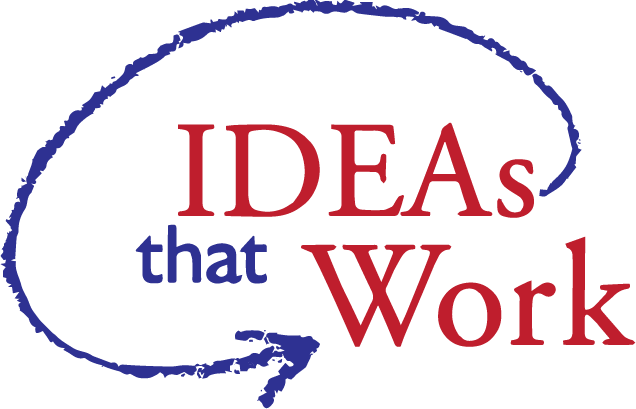Project PEPI: Syllabus Examples

Competencies for Inclusive Programs:
Competencies were developed by the Early Childhood Inclusion Collaborative Professional Development Workgroup. These shared competencies represent standards across professionals in different disciplines (e.g. EI/ECSE, ECE, Speech, OT and PT) and were based on the assumption that high quality inclusive programs include:
- access to a wide range of learning opportunities, activities, settings and environments
- participation through appropriate physical accommodations and learning accommodation
- and supports across disciplines and with families
The following ECE/EI/ECSE courses were developed for use
by community colleges. The syllabi contain suggested content but can be
enhanced and modified for individual community colleges. All
syllabi include the Council for Exceptional Children (CEC) Division for Early Childhood (DEC) and National Association for the Education of Young Children (NAEYC) standards. The syllabi were adapted and modeled on the Office for Special Education Programs (OSEP) Curriculum Review
> Creative Activities for Preschoolers
A curriculum course focusing on understanding and implementing an inclusive developmental approach to creative activities for young children. The course involves a hands-on experience with a wide variety of activities as well as discussion on presentation methods of evaluation. The course includes observing young children during creative activities, interactions during creative activities with young children art activities, understanding and making proper accommodations and support, use of natural materials, cooking experiences, art display, and sewing.
> Infant and Toddler DevelopmentThis course is designed to teach students to apply theory, research and evidenced-based practices to infants and toddlers (prenatal-3 years). The coursework is developed on the premise of an ecological systems model using culturally responsive and diverse abilities practices. Participants will learn and gain experience with these practices in service delivery models for infants and toddlers of all abilities. Participants will gain experience interacting with infants and toddlers within a family systems approach.
> Practicum I: Infant and ToddlersThe focus of practicum 1 is on the observation of young children (2 months to 35 months) who are typical developing, at risk, or developmentally delayed. Supervised participation in an assigned natural environment for infant/toddlers and on-campus seminars are required. In this course, students will apply knowledge and skills about theories of infant/toddler development and authentic assessment methods to their field work experiences.
> Practicum II: PreschoolThe focus of practicum 1I is on the observation of young children (3 to 5 years) who are typical developing, at risk, or developmentally delayed. Supervised participation in an assigned natural environment for infant/toddlers and on-campus seminars are required. In this course, students will apply knowledge and skills about theories of infant/toddler development and authentic assessment methods to their field work experiences.
> Introduction to Early Childhood Education EnvironmentsThe purpose of this course is to explore early childhood environments for all children. Course activities include examining how the environment plays a role in the early childhood education (ECE) settings. In this course, NAEYC and DEC standards that promote effective environments will be highlighted. This course ensures that children's growth is supported in all the domains of learning throughout ECE settings. We will look at common accommodations or modification to support a variety of child abilities.
> Early Childhood Motor DevelopmentThis hybrid course combines 11 hours of face-to-face class time with 11 hours of online coursework about theories on teaching motor movement and innovative ways to implement the theories for all young children including children with disabilities.
> ScienceThis is a basic course designed to assist Early Childhood Educators and prospective teachers, develop an awareness of the importance of science content, process skills, design of lesson plans that guide young children in science investigation. Activities in this course will pertain to life science, physical science and earth and environmental science.
Competencies for Inclusive Programs:
Competencies developed by the Early Childhood Inclusion Collaborative Professional Development Workgroup. These shared competencies represent standards across professionals in different disciplines (e.g. EI/ECSE, ECE, Speech, OT and PT) and were based on the assumption that high quality inclusive programs include:
- access to a wide range of learning opportunities, activities, settings and environments
- participation through appropriate physical accommodations and learning accommodation
- and supports across disciplines and with families




